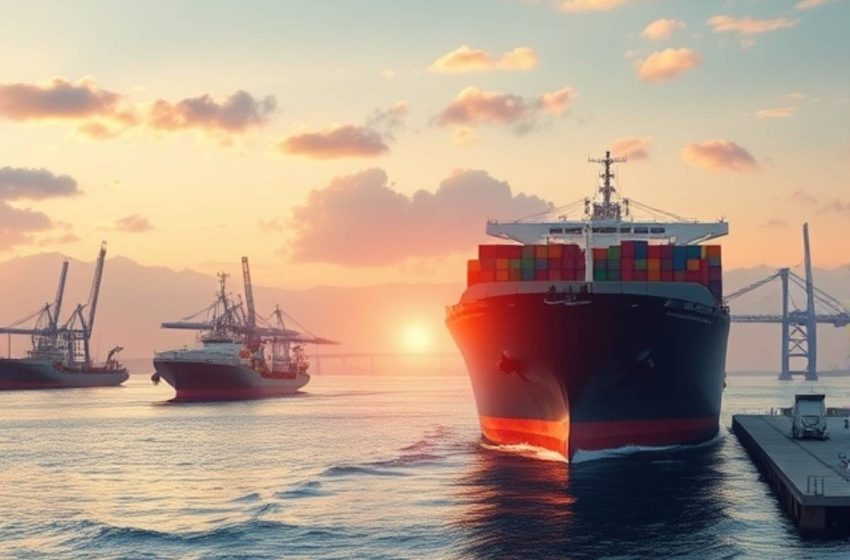
Digital Solutions for Modern Shipping: What You Should Know
The shipping industry serves as the backbone of global trade, enabling goods to reach their destinations swiftly and reliably. These advancements bring the potential for enhanced efficiency, reduced costs, and improved environmental sustainability. Let’s explore how digital innovation is revolutionizing the modern shipping landscape.
Table of Contents
The Role of Automation in Shipping
Automation is revolutionizing shipping operations, from cargo handling to navigation. Smart cranes and automated guided vehicles (AGVs) now streamline port operations, significantly reducing turnaround times. Meanwhile, autonomous ships are no longer a futuristic concept; they are becoming a reality with enhanced safety features, automated routing, and fuel optimization capabilities.
For instance, integrated systems can analyze real-time weather data and adjust shipping routes, ensuring vessels avoid hazardous conditions while conserving fuel. This not only reduces costs but also minimizes delays and enhances safety.
For businesses looking to make more efficient their shipping processes, platforms like www.shiply.com offer digital solutions that connect users with a network of reliable transport providers, further enhancing efficiency and cost-effectiveness in logistics.
Blockchain for Transparent Logistics
Blockchain technology is rising as a powerful tool in modern shipping, offering unparalleled transparency and traceability. Traditionally, shipping documents involve cumbersome paper trails prone to errors and fraud. With blockchain, every transaction is securely recorded, enabling seamless sharing of information across stakeholders.
Shipping giants have already started using blockchain to track goods, ensuring authenticity and reducing the risk of counterfeit products entering supply chains. Additionally, it simplifies customs procedures, speeding up international trade.
Smart Shipping Containers
Gone are the days when containers were mere metal boxes. Today, smart shipping containers equipped with IoT (Internet of Things) sensors provide real-time data on cargo conditions. These sensors monitor temperature, humidity, and vibration, ensuring perishable or fragile goods arrive in optimal condition.
Smart containers also aid in theft prevention by providing real-time location updates and alerting operators of unauthorized access. This level of transparency enhances customer confidence and operational efficiency.
Environmental Sustainability Through Digital Innovation
As environmental concerns grow, the shipping industry faces pressure to reduce its carbon footprint. Digital solutions are playing a major part in meeting these demands. Advanced analytics tools help optimize fuel consumption, while AI-powered systems recommend eco-friendly routes and speeds.
Digital twin technology, a virtual replica of a physical ship, allows operators to simulate performance and test energy-saving measures without risking real-world operations. These innovations align with global sustainability goals while reducing operational costs.
Enhanced Crew Training and Safety
Digital tools are also transforming crew training and onboard safety. Virtual reality (VR) simulations offer realistic training scenarios, preparing crew members for emergencies without real-world risks. Similarly, augmented reality (AR) systems assist with equipment maintenance, providing step-by-step guidance through wearable devices.
These technologies not only advance efficiency but also enhance the safety and well-being of crew members, reducing the likelihood of accidents at sea.
The Future of Shipping
The integration of digital solutions into shipping operations is just the beginning. As technology continues to evolve, we can expect further advancements, such as AI-driven supply chain predictions and fully autonomous fleets.
However, the transition to digital shipping also brings challenges, including cybersecurity risks and the need for skilled personnel to manage advanced systems.
In conclusion, digital solutions are revolutionizing the shipping industry, driving efficiency, sustainability, and safety. Staying informed about these technologies ensures businesses remain competitive in an increasingly digital world.








